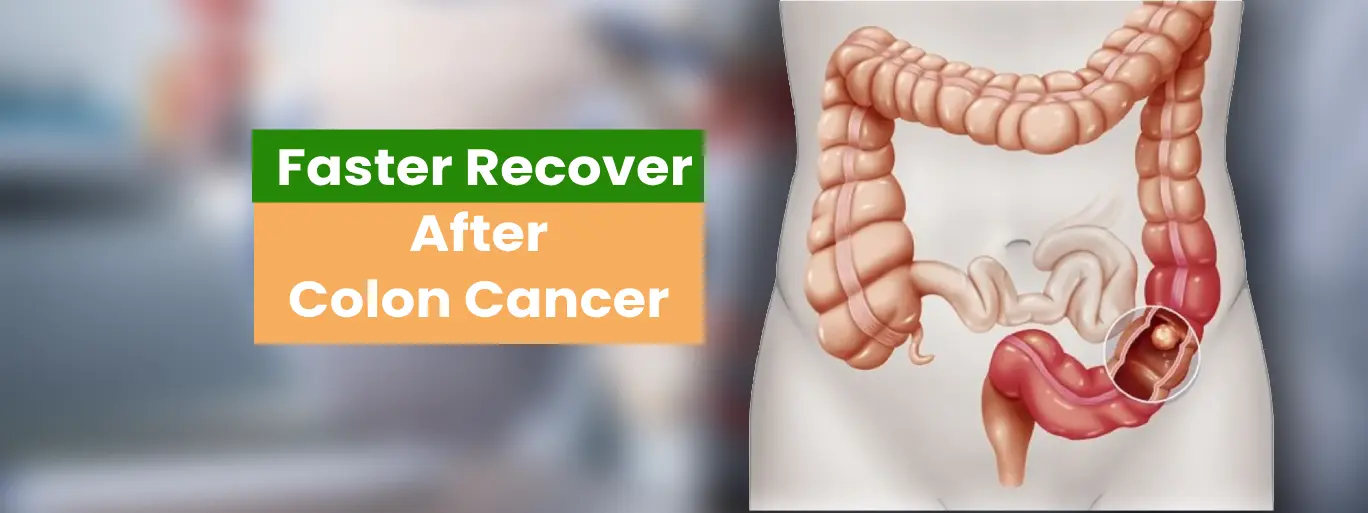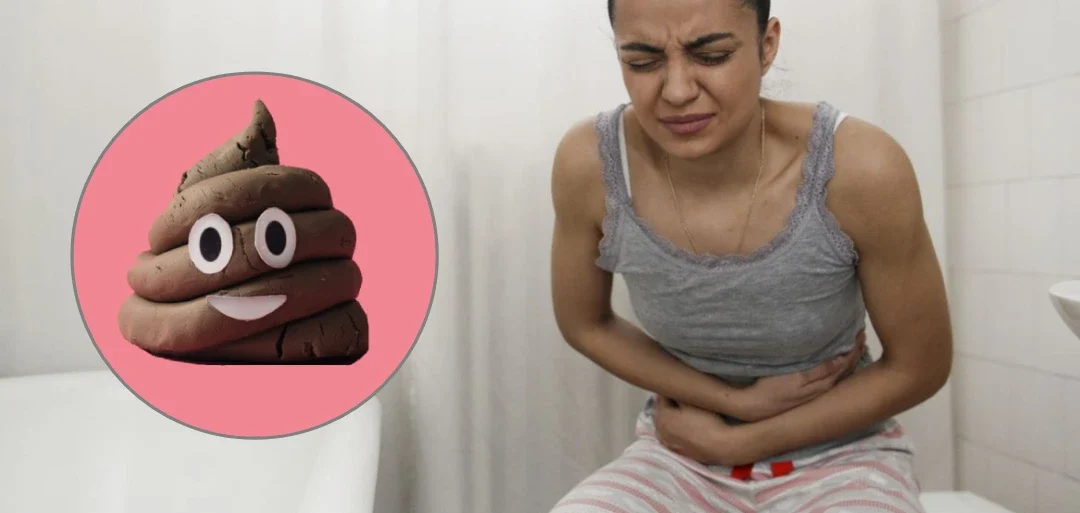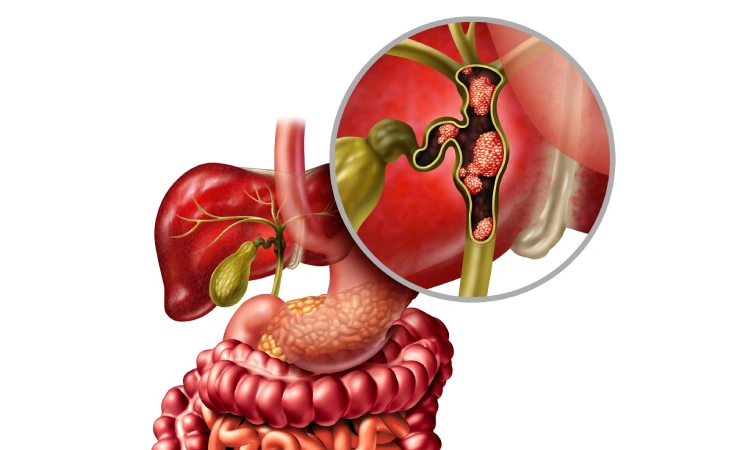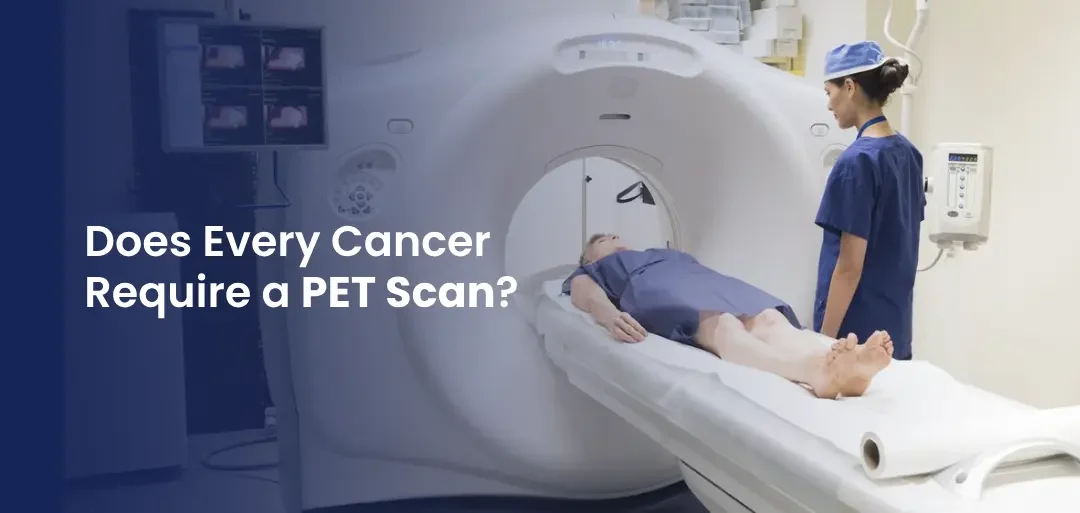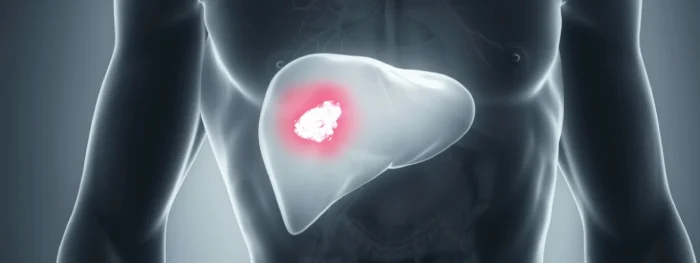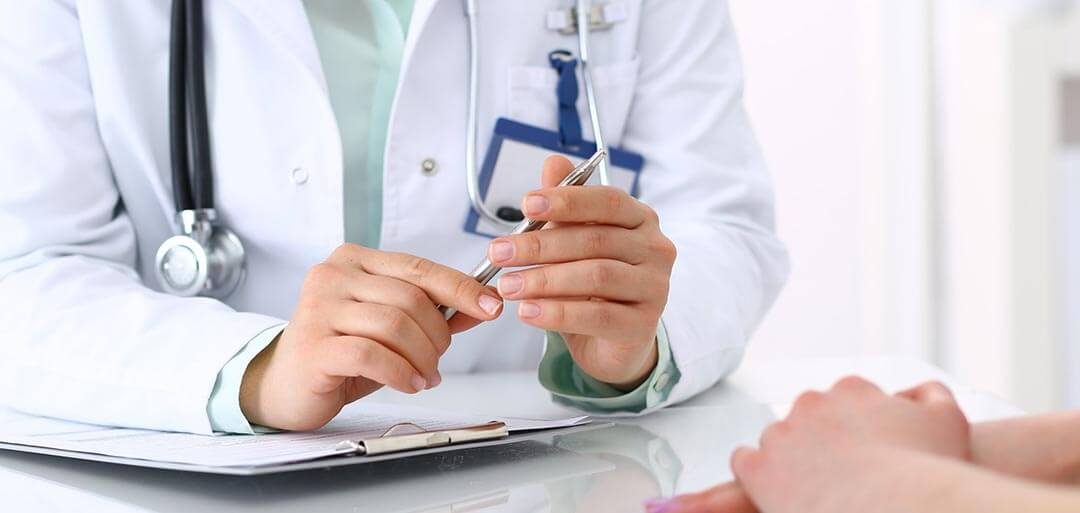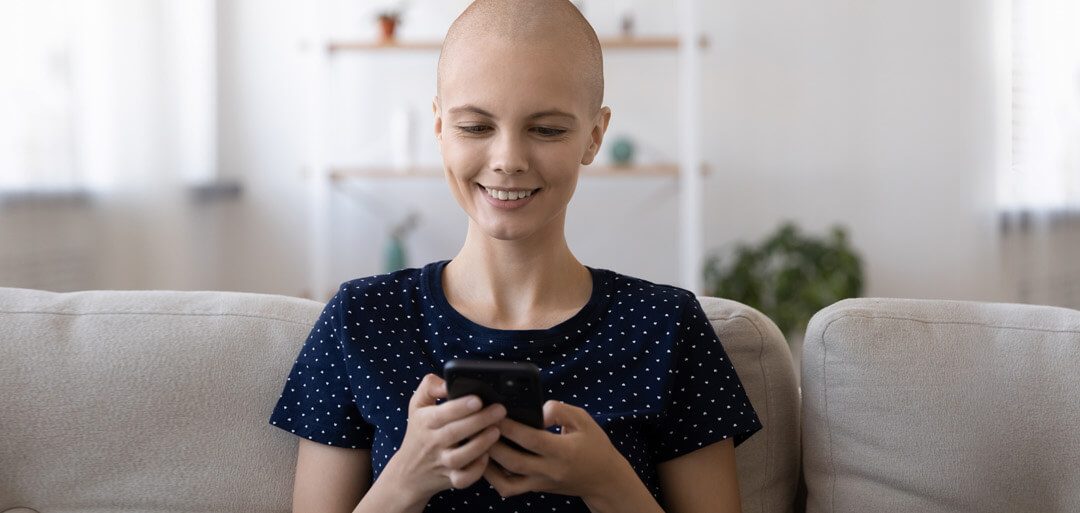Colon cancer is one of the most common types of cancer, affecting the large intestine. It often starts as benign clumps of cells called polyps, which over time can develop into cancer. Early detection and treatment are crucial for a better prognosis. Surgery is a common treatment option, especially in cases where the cancer is localized. How to Recover Faster After Colon Cancer Surgery can be challenging, and taking the right steps can significantly improve your recovery time and overall well-being.
What is Colon Cancer?
Colon cancer, also known as colorectal cancer, originates in the colon or rectum. It is often linked to age, lifestyle factors, and genetic predisposition. Symptoms may include changes in bowel habits, blood in the stool, abdominal discomfort, and unexplained weight loss. Colon cancer is typically diagnosed through screenings like colonoscopies, which can detect precancerous polyps or cancer at an early stage. Treatment options include surgery, chemotherapy, radiation, and targeted therapies, depending on the stage and location of the cancer.
What are the Complications of Colon Cancer?
Complications from colon cancer can vary depending on the stage of the disease and the treatments involved. These complications may include:
- Bowel Obstruction: Tumors can cause blockages in the intestines, leading to severe pain, vomiting, and constipation.
- Metastasis: If cancer spreads to other organs, particularly the liver, lungs, or lymph nodes, it can complicate treatment and prognosis.
- Post-Surgical Complications: After surgery, patients may face issues such as infections, blood clots, and adhesions (scar tissue that can cause organs to stick together).
- Nutritional Deficiencies: The removal of parts of the colon can affect the absorption of nutrients, leading to deficiencies.
- Emotional and Psychological Impact: The diagnosis and treatment of colon cancer can take a toll on a patient’s mental health, leading to anxiety, depression, and stress.
What Dietary Changes Should Be Made to Support Faster Recovery After Colon Cancer Surgery?
Diet plays a crucial role in recovery after colon cancer surgery. Here are some dietary recommendations to help speed up recovery:
- High-Fiber Foods: While fiber is essential for digestive health, it’s important to introduce it gradually after surgery. Start with soluble fibers like oats, bananas, and apples, which are easier on the digestive system.
- Lean Proteins: Protein is vital for tissue repair and immune function. Include lean meats, fish, eggs, and plant-based proteins like beans and lentils.
- Hydration: Staying hydrated is crucial for recovery. Aim for at least 8-10 glasses of water per day, and include hydrating foods like soups and broths.
- Small, Frequent Meals: Eating smaller meals more frequently can help prevent discomfort and bloating. Focus on nutrient-dense foods that provide vitamins and minerals.
- Avoiding Certain Foods: Limit the intake of high-fat, fried, and spicy foods that can irritate the digestive tract. Also, avoid alcohol and caffeine as they can lead to dehydration and irritate the bowel.
How Can Physical Activity and Exercise Be Safely Reintroduced Post-Surgery?
Physical activity is an essential part of recovery, but it must be reintroduced carefully:
- Start Slow: Begin with light activities such as walking. Walking helps to improve circulation, reduce the risk of blood clots, and boost overall energy levels.
- Follow Medical Advice: Your doctor or physical therapist will provide specific guidelines on when and how to start exercising. It’s crucial to follow these instructions to avoid complications.
- Focus on Core Strength: Strengthening the abdominal muscles is essential as they support the core, which is often weakened after surgery. Gentle exercises like pelvic tilts and leg slides can be beneficial.
- Breathing Exercises: Deep breathing exercises can help prevent pneumonia and improve lung function, which may be compromised after surgery.
- Gradual Progression: As you gain strength and your body heals, you can gradually increase the intensity and duration of your exercises. Avoid heavy lifting or strenuous activities until fully cleared by your healthcare provider.
What Role do Medications and Supplements Play in Speeding Up Recovery after Colon Cancer Surgery?
Medications and supplements can aid in recovery, but they must be used correctly:
- Pain Management: Post-surgical pain is common, and managing it effectively is crucial for recovery. Pain medications, whether over-the-counter or prescribed, should be taken as directed to prevent discomfort and promote healing.
- Supplements: Depending on your nutritional needs, your doctor may recommend supplements such as iron, calcium, vitamin D, or probiotics. Probiotics, in particular, can help restore the natural balance of gut bacteria, which may be disrupted by surgery and antibiotics.
- Avoid Unapproved Supplements: Always consult your doctor before taking any supplements, as some may interfere with medications or the healing process.
How can Patients Manage and Reduce Pain Effectively during the Recovery Period?
Pain management is crucial for a smooth recovery:
- Medication: Take pain medications as prescribed, and communicate with your healthcare provider if you experience side effects or inadequate relief.
- Non-Pharmacological Methods: Techniques like deep breathing, meditation, and the use of heat or cold packs can complement pain medications.
- Rest and Relaxation: Ensuring adequate rest is vital for recovery. Practice relaxation techniques to reduce stress, which can exacerbate pain.
- Positioning: Find comfortable positions that reduce strain on your abdomen. Using pillows for support can help.
- Regular Follow-Up: Regular follow-up visits with your surgeon will allow for the monitoring of your recovery and any necessary adjustments in pain management.
What are the Warning Signs of Complications during Recovery, and When Should a Patient Seek Medical Attention?
Being aware of potential complications can help in seeking timely medical attention:
- Signs of Infection: Watch for redness, swelling, increased pain, or discharge at the surgical site, as these can be signs of infection.
- Bowel Changes: Severe constipation, diarrhea, or the inability to pass gas could indicate a blockage or other complications.
- Fever: A persistent fever could be a sign of infection or other issues that need immediate attention.
- Severe Pain: If your pain suddenly worsens or becomes unmanageable, it may indicate a complication that requires medical intervention.
- Shortness of Breath: This could signal a blood clot or pneumonia, both of which require urgent care.
Recovering from colon cancer surgery is a process that requires attention to diet, physical activity, pain management, and awareness of potential complications. By following these guidelines and working closely with your healthcare team, you can optimize your recovery and return to normal activities more quickly. For those seeking expert care in colon cancer surgery and recovery, Dr Ganesh Nagarajan, a top colorectal surgeon, offers comprehensive treatment plans to each patient’s needs. Schedule an appointment today and take the first step toward a healthier future.



